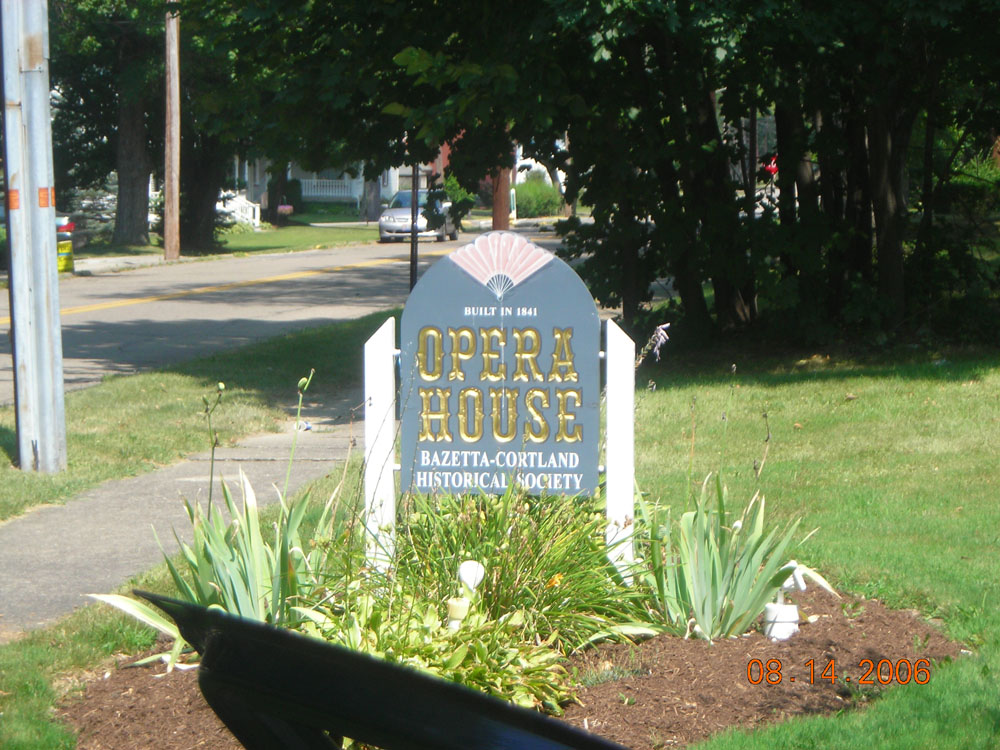

Solomon, who added the stage and had the church belfry removed to make it look more like a theater, wanted to call the place Kline's Hall. The grand opening on February 3, 1882, was under that name, but the newspaper in Warren referred to it as the Cortland Opera House, and that's the name that stuck. Ever since then it's been the Opera House, despite the fact that it's never once hosted an opera performance.
The building was under the custodianship of the local historical society in the late 1980s when the ghosts first made themselves known. A loud banging noise was heard after hours, mistaken for a stack of folding chairs falling down. Thumping footsteps began making the rounds when no one was present to make them. And someone--a female ghost--was heard to sing an aria during piano recitals.
Many people think it's Solomon Kline, checking up on his little theater. Strangely, the people to whom the unnatural manifestations first appeared all shared variations on his last name: Stu Klein heard the sound of the chairs falling, Cathy Cline heard the footsteps, and a woman named Small (klein in German) complimented the aria singer.
Today it's used mainly by the historical society, and for meetings of a garden club and jazzercise class. It's also available for weddings and private parties. The ghosts are a well-known, not at all unwelcome part of the Opera House.
Youngstown Vindicator article: "Opera House a Hidden Gem"